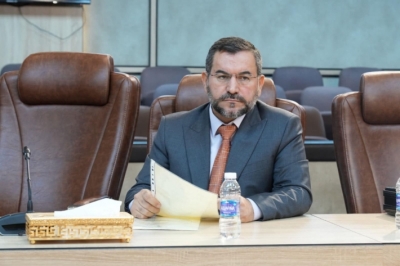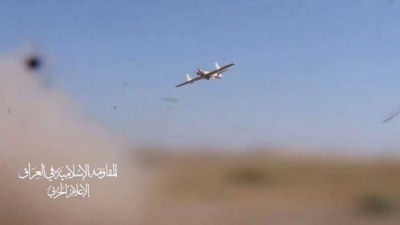Most countries with oil have used it to make a living and earn an income for the nation. The curse of oil has been discussed in many articles, but it has not become a curse for all countries that have it. Some have the ability to manage revenues and have transparent accounts, but some do not. In this case, the Kurdistan Regional Government’s oil has become a curse and the worst part is that oil has fueled corruption in the KRG. Corruption in the oil sector, as oil is the major revenue-maker for the KRG, has downsides like causing stagnation in economic and political development, as well as civil society. The KRG exports oil in different forms but mostly as crude. According to the Ministry of Natural Resources’ latest data, the KRG “exported 18,105,734 barrels of crude oil (an average of 584,056 barrels per day (bpd) in the month of December through the Kurdistan pipeline network to the port of Ceyhan in Turkey.” (MNR)
Oil-rich countries that depend mainly on their oil resources for revenue become so dependent on that oil that they cannot diversify other sectors. In the KRG, institutions are very weak and politicians depend on oil revenues as a source of living. This oil-dependent risk has also led to acts of corruption. If oil revenue does not end up being spent on the public, it gets stolen by government officials. One side-effect for oil-dependent countries is known as ‘Dutch disease.’ In the KRG, when oil is exported, the dollar’s value and exchange rate appreciates. This in return will make it cheaper to import rather export goods, which become expensive. So, locally produced goods and services become more expensive, and it is cheaper to import them than produce them locally.
Oil revenues also play a critical part in a country’s inability to create stability and security. In the KRG, some local companies have hired security guards for their businesses. In some cases, the local companies hire bodyguards and other security staff out of fear they will be blamed for the economic crisis and there have been instances where oil pipelines were destroyed by civilians. In response to the chaos, the government has used force and the army to prevent violent reaction.
Back in the time of the Ba’ath Regime, Saddam Hussein used oil-revenue to fight Iran for years, during which many civilians were killed. Saddam Hussein gassed Kurdish people in Halabja, and that violent and brutal act was financed by its oil revenues (Peck, Chayes). This idea of oil-revenue fueling conflict is reflected in the KRG as well. Two of the main political parties have established their own militias and armies using oil revenues. In October 2010, when people demonstrated in Sulaimanyah for their rights, the KRG used force and violence, including Special Forces belonging to a certain political party which led to the deaths of 11 civilians.
The KRG is now facing a serious economic crisis and has cut government employee salaries. Employee wages are almost five months delayed. This situation is worse than what people could have imagined.
At this point when the KRG is under a lot of pressure, government officials and political parties should consider this to be a wakeup call. When the KRG economy recovers from this crisis, there should be root change and the region should avoid making the same mistakes. Transparency should be one of the primary requirements of our region, along with diversification of the economy. But, long-run solutions are the roots of change in the KRG. Fundamental changes in the KRG need to be considered. Rule of law should not only be changed, it needs to be implemented. Oil is considered to be a primary resource for the KRG, however there is no committee dedicated to the Ministry of Natural Resources. It should be given legitimate power otherwise we will have many years of economic crises to come.
---
Azhee Omer is a student at the American University of Iraq - Sulaimani







